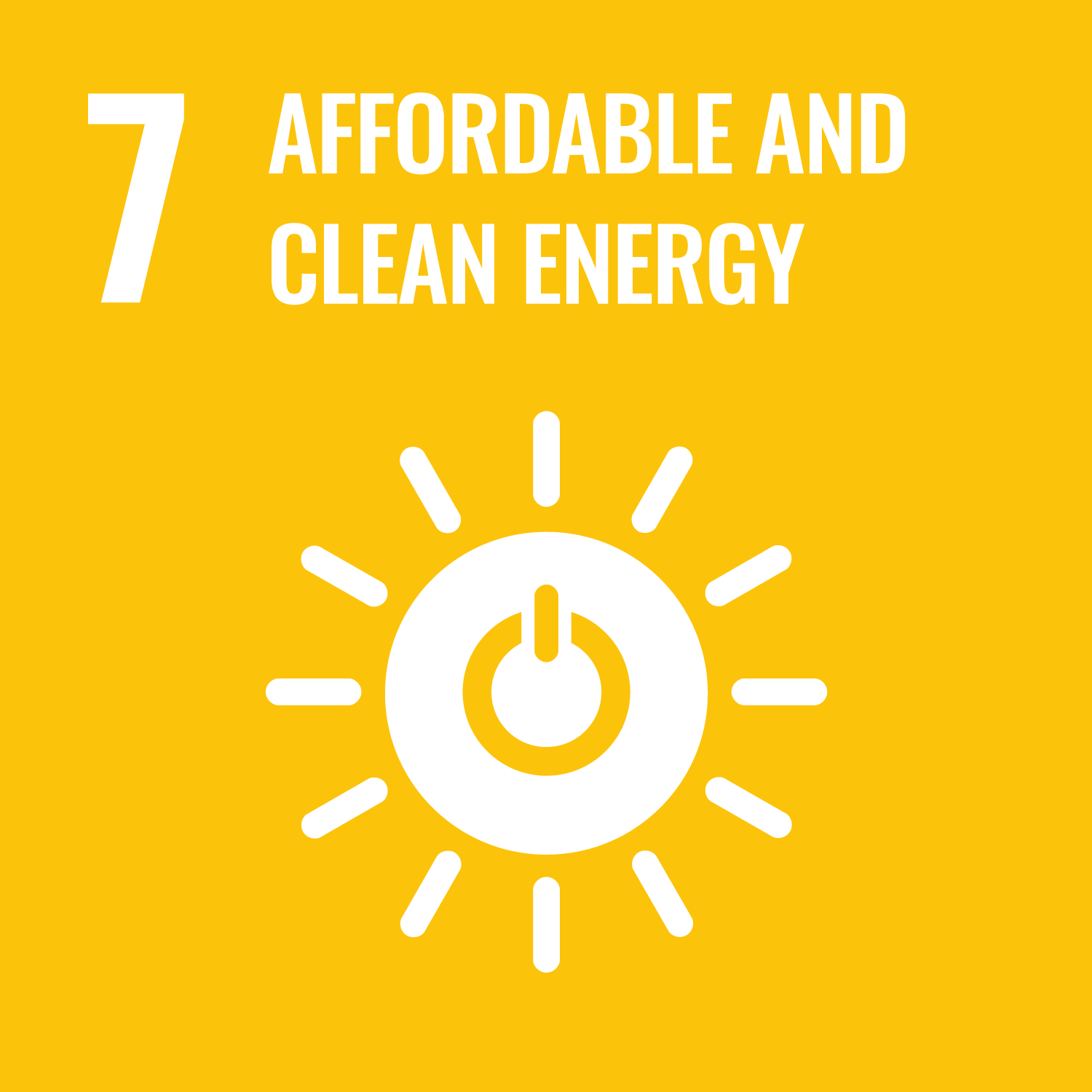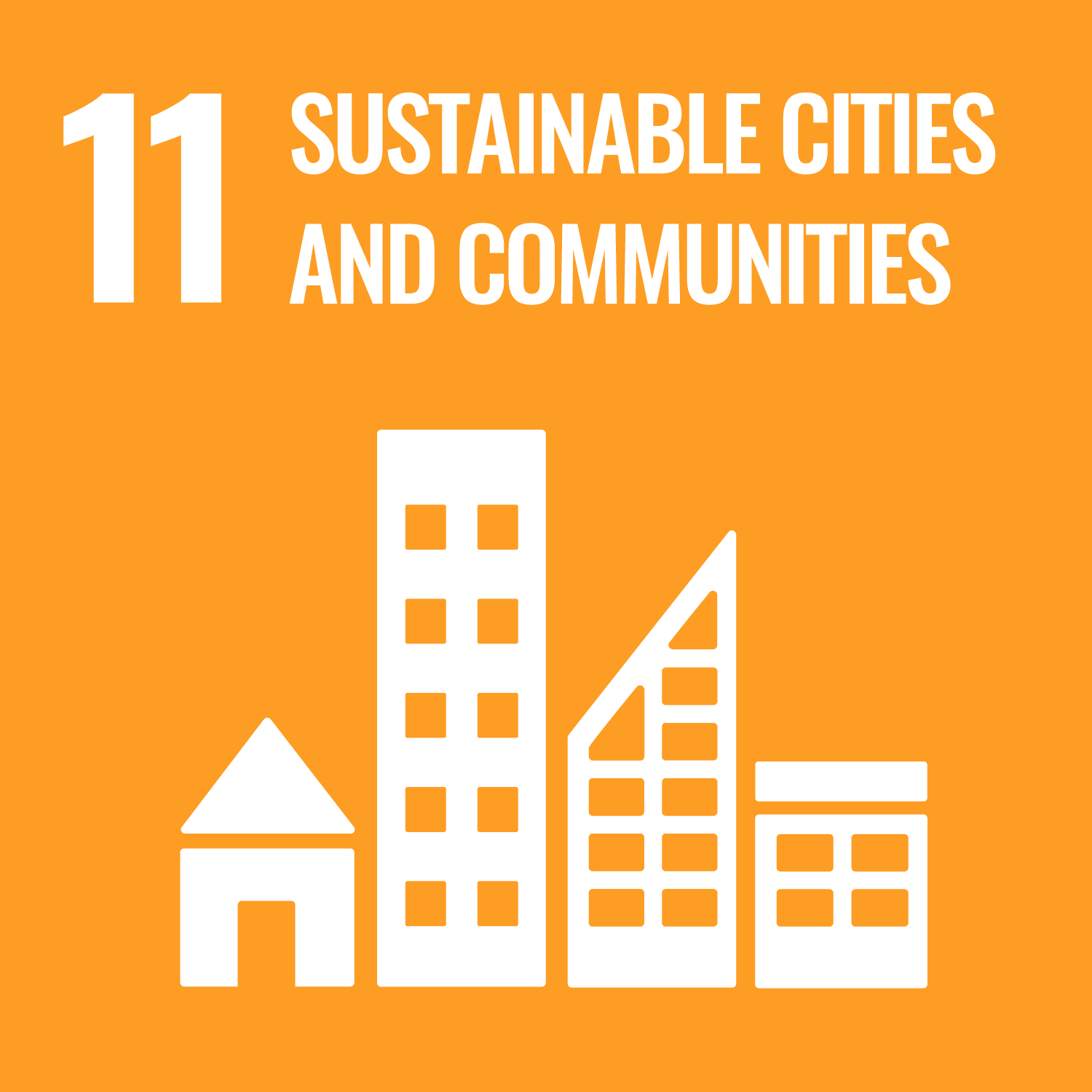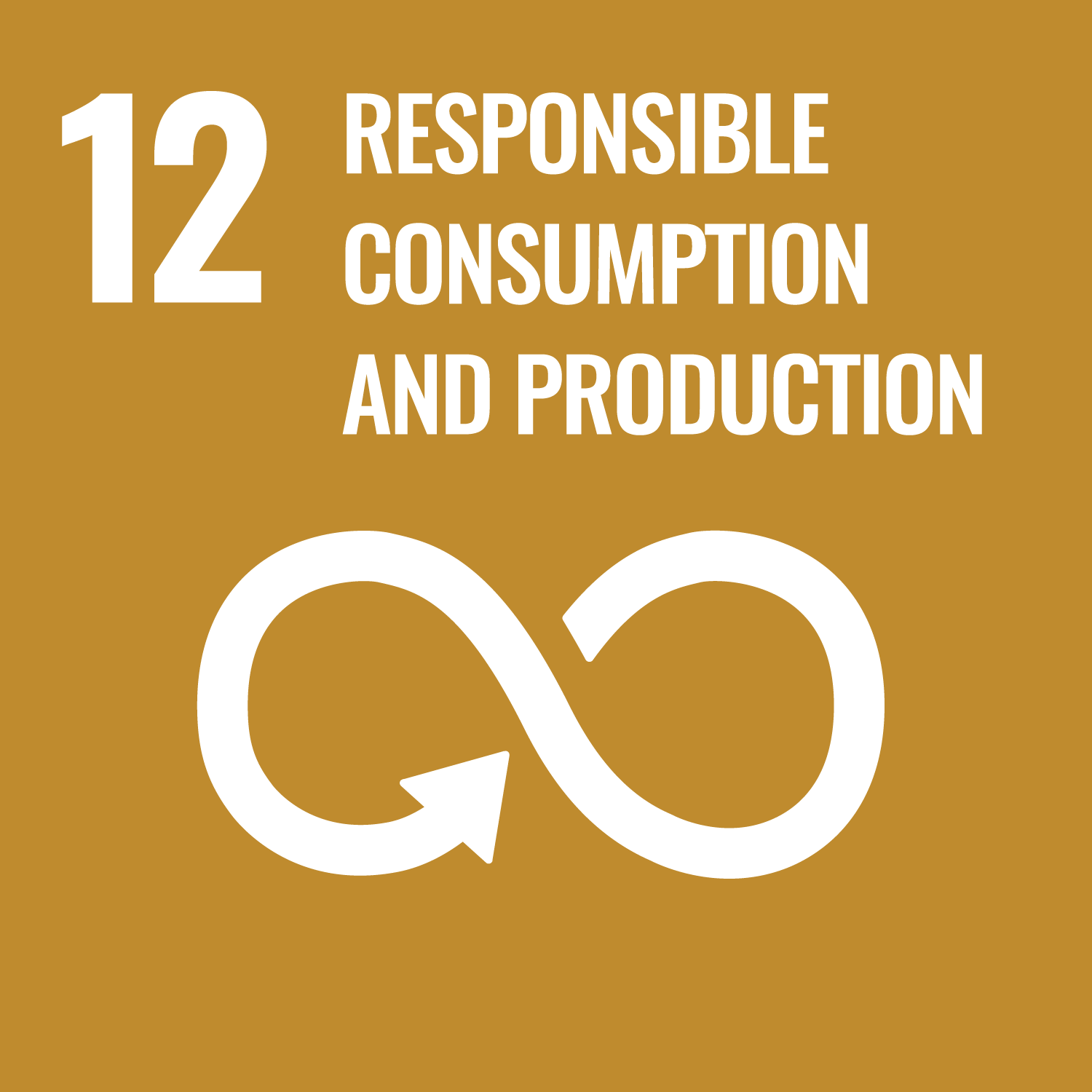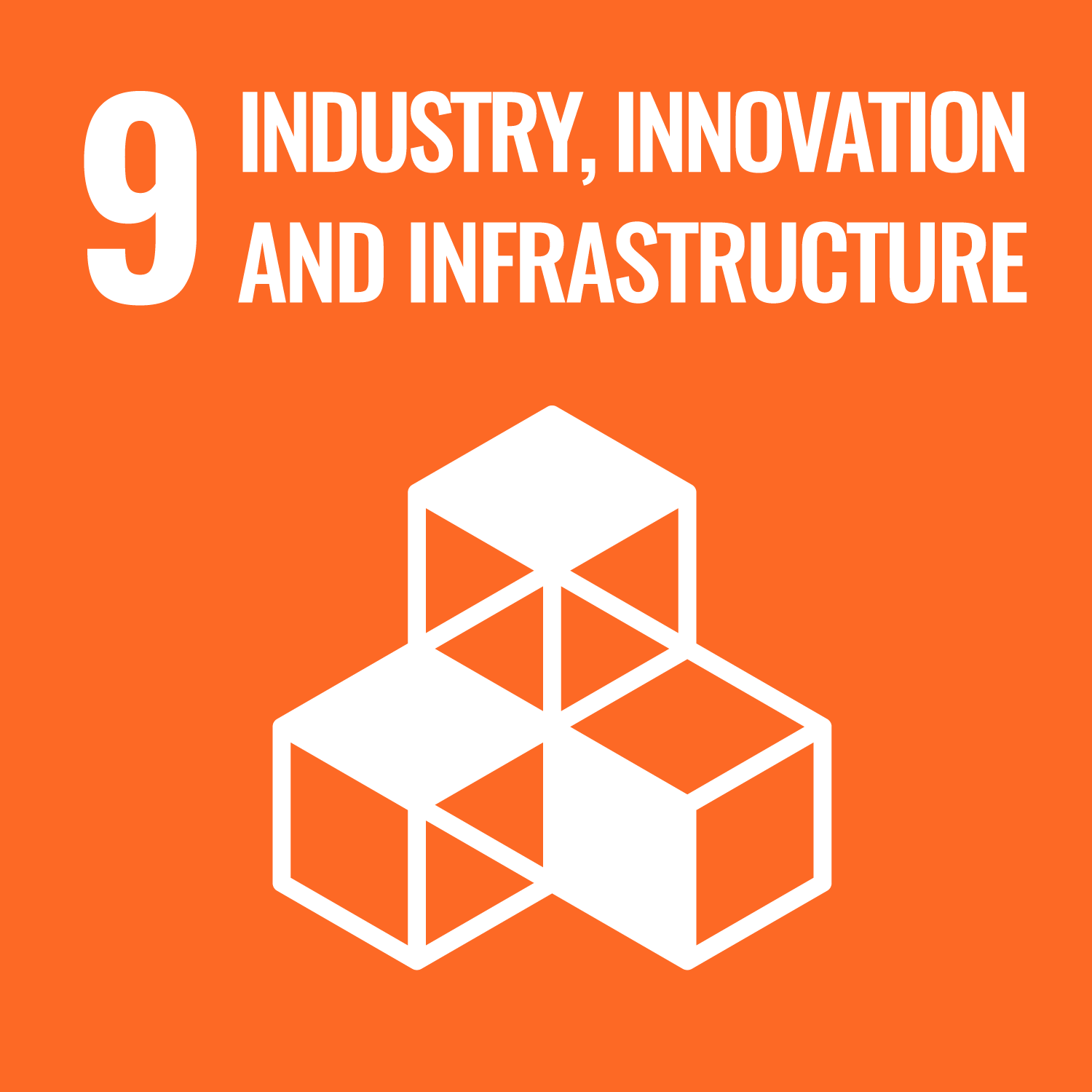LCS-FY2019-PP-21
Economic and Technological Evaluation for Zero Carbon Electric Power System Considering System Stability (Vol. 1):
Technological Development Issues for Reliable and Affordable Zero Carbon Power Supply
Summary
To realize a decarbonized society, there is a need for technical and economical evaluation to construct a power supply system without CO2 emission (zero-carbon electric power system) that takes into account the wide range of power demand expected due to energy conservation, an increased rate of electrification, and IT-related power demand.
In this proposal, we evaluate a zero-carbon power system in 2050 with various aspects using a power-supply configuration model that takes into account system stability based on quantitative technology scenarios for low-carbon technologies established by the Low Carbon Society Strategy Center (LCS). The purpose of this study is to show the necessary technical indicators to construct a zero-carbon electric power system and its economics, and to show the direction of technological development. We evaluate the economic efficiency, focusing particularly on power demand, inertial power supply technologies, and renewable energy potential. The analysis covers a range from 800 to 3,000 TWh/year of power demand, taking into account the expansion of photovoltaic power generation potential through technological improvements, the introduction of offshore wind power generation including floating types, and the large-scale enhancement of the transmission grid. The inertia ratio of regions supplied by synchronized generators was set to 50%, 25%, and 10% as an index of system stability, and the economic impact was evaluated. We evaluated the effects of introducing new pumped storage power generation using a multipurpose dam and hot dry rock geothermal power generation (HDR) as technologies to improve system stability.
As a result, it was shown that the construction of a zero-carbon power supply system is feasible from an economical aspect by developing technologies to reduce the costs of renewable energy power systems and storage systems, enhance the transmission grid system, and to expand the potential of renewable energy. In particular, the economic impact of the inertial power supply technology was significant, and the importance of technology development for system stabilization was clarified. The effects of technological development range from 1 to 10 trillion JPY per year of power cost reduction by reducing the cost of the renewable energy power systems and expanding their potential, and from 1 to 20 trillion JPY per year by improving the technologies that enhance system stability. Based on these outcomes, we propose to promote the development of technologies that reduce the cost of renewable energy, the development of technology for expanding the potential of renewable energy, the promotion of related industries, and the development of system stabilization technologies including technologies to produce inertial force. We also propose a large-scale power transmission plan based on a zero-carbon electric power system, and the establishment of a technical and economic evaluation method for stabilizing a cross-regional transmission grid system.
All Pages
Related Proposal Papers
- Economic Evaluation for Low Carbon Electric Power System Considering System Stability (Vol. 3): Technological Development Issues of Low Carbon Electric Power Systems in 2050
- Wind Power Generation Systems (Vol. 2): Economic Evaluation for Future Wind Power Generation Systems Which Are Adapted to Japan Considering Large Scale Installation and Related Technological Development Issues
- PV Power Systems (Vol. 6): A Future Vision of the PV Power System Industry as a Major Power Source for 2050
- Geothermal Power (Vol. 2): Electricity Cost Estimation of Hot Dry Rock System
- Potential Capacity and Cost of Pumped-Storage Power in Japan (Vol. 2)
- Cost Reduction of Woody Biomass Fuels (Vol. 2): Total Production Cost and Cost Reduction Scenario of Woody Biomass in Japan
- Secondary Battery System (Vol. 6): Possibility of Energy Density Increase and Technological Challenges of a Lithium-ion Battery






